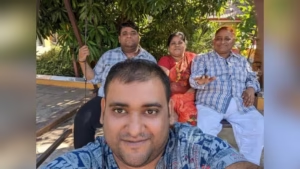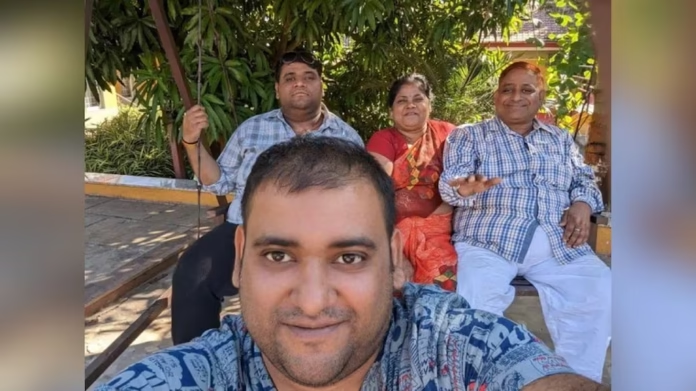Atul Subhash Suicide: Bengaluru Court Orders Judicial Custody for Estranged Wife and Family Members
Subhash tragically died by suicide in Bengaluru, leaving behind a detailed suicide note and a video. In the video, he accused his estranged wife, Nikita Singhania, and her family of causing him emotional distress and harassment.
In the wake of the tragic death of Bengaluru techie Atul Subhash, who died by suicide, a Bengaluru court has sent his estranged wife, Nikita Singhania, and two of her family members to judicial custody for fourteen days. This follows their arrest by Bengaluru Police, who tracked them down in Haryana and Uttar Pradesh before bringing them to Bengaluru. The trio were presented before a Magistrate, who remanded them into judicial custody. However, Nikita’s uncle, Sushil Singhania, another accused in the case, has yet to be apprehended.

Atul Subhash, a 34-year-old software engineer, took his life in Bengaluru, leaving behind a detailed suicide note and a video. In the video, Subhash accused his wife, Nikita Singhania, and her family of subjecting him to constant harassment. He alleged that they had filed multiple false cases against him, contributing to his decision to end his life. The disturbing video and note have since sparked intense debate on social media, with many users demanding the immediate arrest of Nikita and her family members for their alleged role in his tragic death.
Subhash’s video highlighted his accusations that Nikita and her family had been harassing him with various matrimonial cases during their ongoing legal disputes concerning divorce, alimony, and child custody. These legal battles were taking place in a family court in Jaunpur, Uttar Pradesh. In response to the allegations, Bengaluru Police filed a First Information Report (FIR) against Nikita and her three relatives, charging them under Sections 108 (abetment of suicide) and 3(5) (criminal act with a common intention) of the Bharatiya Nyaya Sanhita, 2023.
Following the FIR, Nikita and her family members filed a petition for anticipatory bail before the Allahabad High Court. However, the court has yet to hear the case. This legal situation has drawn significant attention and raised questions about the misuse of laws related to dowry and domestic violence. In the wake of Subhash’s death, a public interest litigation (PIL) was also filed in the Supreme Court, addressing concerns about the misuse of these laws. The PIL calls for the establishment of clear guidelines to prevent the abuse of laws meant to protect victims of domestic violence, while also ensuring that men are not unjustly implicated.
The case has brought to light the complexities of family disputes, especially in the context of marital breakdowns, and has sparked a broader conversation about legal protections, fairness, and the potential misuse of family laws in India. The legal battle continues to unfold as authorities and the public await further developments in the case.
Read More: @2024Epipedia
